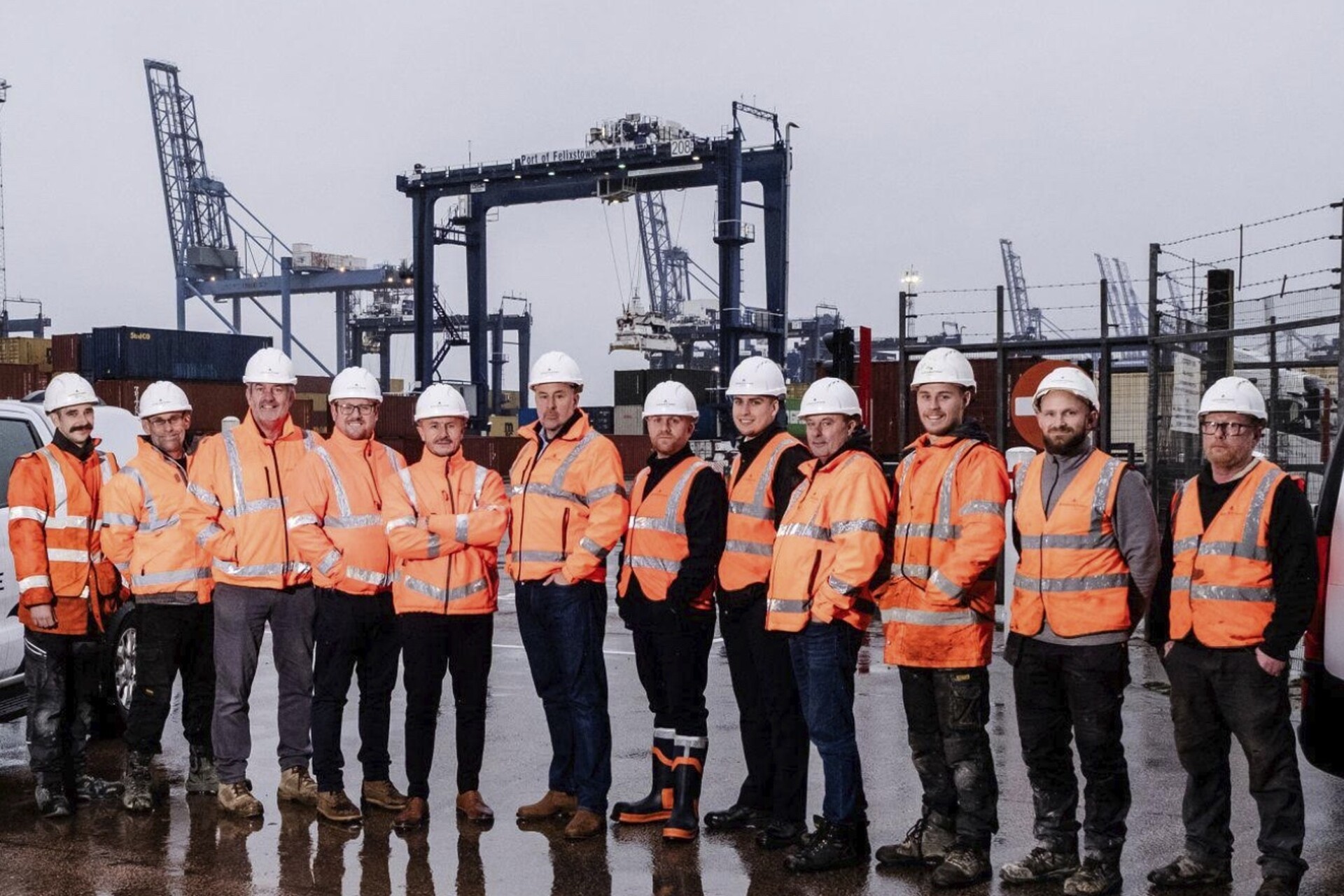Hiring Struggles Continue Despite High Numbers of Active Jobseekers in Engineering and Manufacturing

By Marie Carter-Robb • Posted in Manufacturing
More than half (55%) of global engineering and manufacturing hiring managers have struggled to recruit over the past year – a figure that rises to 60% in the UK. Yet this comes at a time when nearly half (49%) of professionals globally, and 39% in the UK, are actively seeking new roles.
These findings, drawn from Michael Page’s newly released 2025 Talent Trends report, highlight a widening disconnect between supply and demand – not in numbers, but in expectations. Based on insights from nearly 4,000 global respondents in engineering and manufacturing, the report reveals a significant shift in priorities: professionals are increasingly valuing purpose, wellbeing, and trust in leadership over salary alone.
UK Workers Seek Meaning – But Culture Still Lags Behind
The pursuit of meaningful work is on the rise. In the UK, 43% of engineering and manufacturing professionals now list “purpose” as a top priority, up from just 26% last year. This significantly exceeds the global average of 33%, signalling a stronger desire among UK professionals to make a tangible impact in their roles.
However, while expectations have evolved, workplace culture is struggling to keep up. Just 38% of UK professionals feel they can be their authentic selves at work – only marginally above the global average of 32%. For employers, this represents an urgent opportunity to communicate values, cultivate inclusive environments, and build genuine engagement.
Ruth Hancock, Regional Director, Engineering at Michael Page, said:
“Professionals in engineering and manufacturing are looking for more than just a job; they’re seeking purpose and the chance to make a real impact. For hiring managers, the opportunity lies in creating and communicating these opportunities to their teams. This may mean encouraging and supporting non-linear career paths, or providing clarity around opportunities in emerging areas such as sustainability. When leaders connect people to meaningful work, everyone benefits.”
Wellbeing Over Promotion: A Sign of the Times
Wellbeing has become a defining factor in career decisions. A striking 72% of UK respondents say they would turn down a promotion if it compromised their wellbeing – compared to 49% globally. This shift away from traditional markers of success is matched by growing scepticism towards leadership: 46% of UK professionals report a lack of confidence in their leaders’ ability to balance business goals with employee wellbeing.
As a result, 42% of UK engineering and manufacturing professionals are either actively job hunting or planning to look due to dissatisfaction with leadership decisions.
Work-Life Balance Now Trumps Pay
Despite inflationary pressures, salary is no longer the leading motivator for job moves. Just 12% of UK professionals in the sector cite salary as their primary reason for seeking a new role – far below the global average of 32%.
Instead, work-life balance dominates. An overwhelming 83% of professionals globally and in the UK rank it as the most important factor in their career choices. For employers, the message is clear: traditional remuneration models must be complemented by flexible policies and a culture that respects personal time.
AI Use Expands – But Professionals Want More Support
AI adoption is accelerating across the sector. Globally, 43% of professionals now use AI tools in their roles – up from 24% last year. In the UK, 71% of users engage with AI at least weekly. The reported benefits are considerable: 73% say AI improves productivity, 72% report enhanced quality of work, and 65% feel it allows them to focus on more meaningful tasks.
But with these gains comes a call for more structure. Globally, 62% of professionals say their organisation could do more to prepare them for AI integration, and 41% are using AI tools not supplied by their employer. As AI becomes a staple in the workplace, the need for clear strategy, training, and communication is growing fast.
Ruth Hancock added:
“Our Talent Trends report shows that clarity has never mattered more. In a market where professionals are prioritising purpose, wellbeing and flexibility, it’s not just about what you offer; it’s about how clearly and consistently you communicate it. Whether it’s company culture, career pathways, or policies around the use of AI, transparency is key. Employers who lead with clarity will be best placed to attract and retain the talent they need for the future.”




